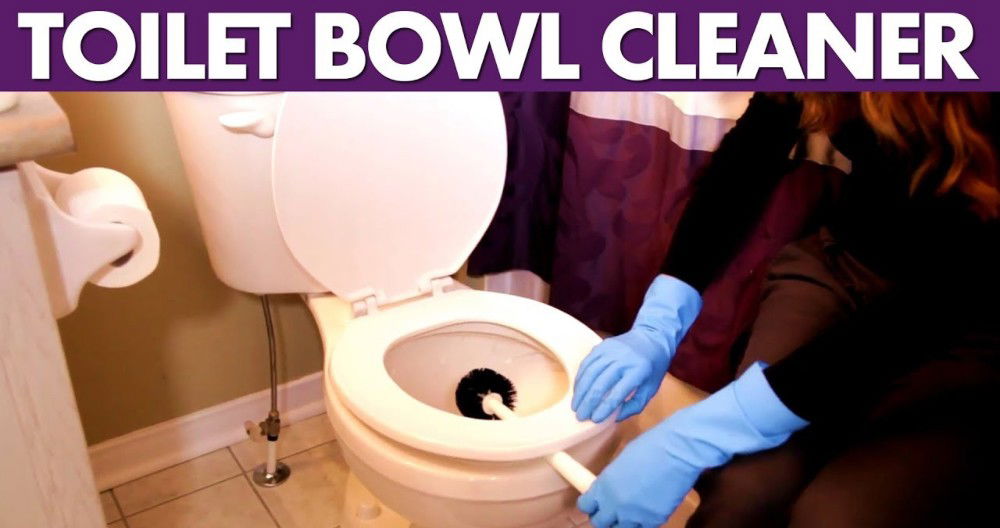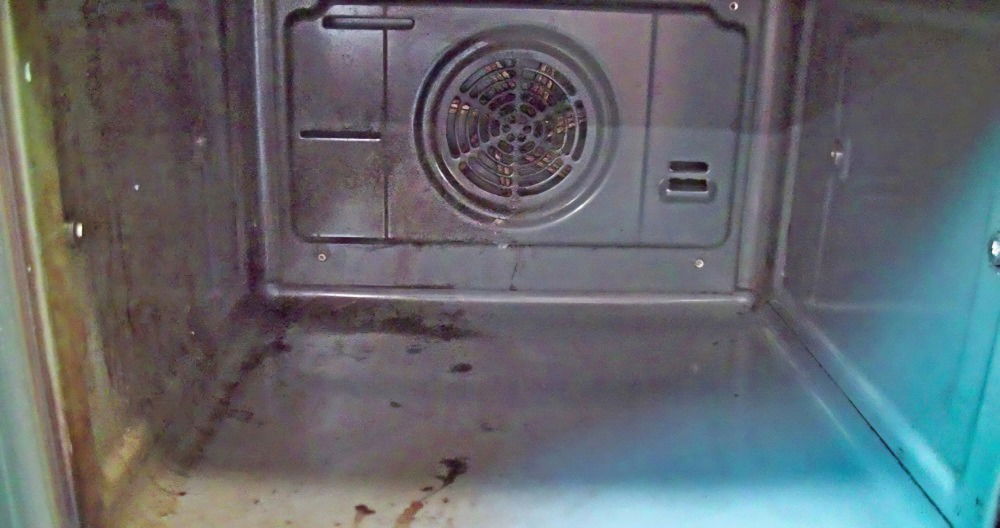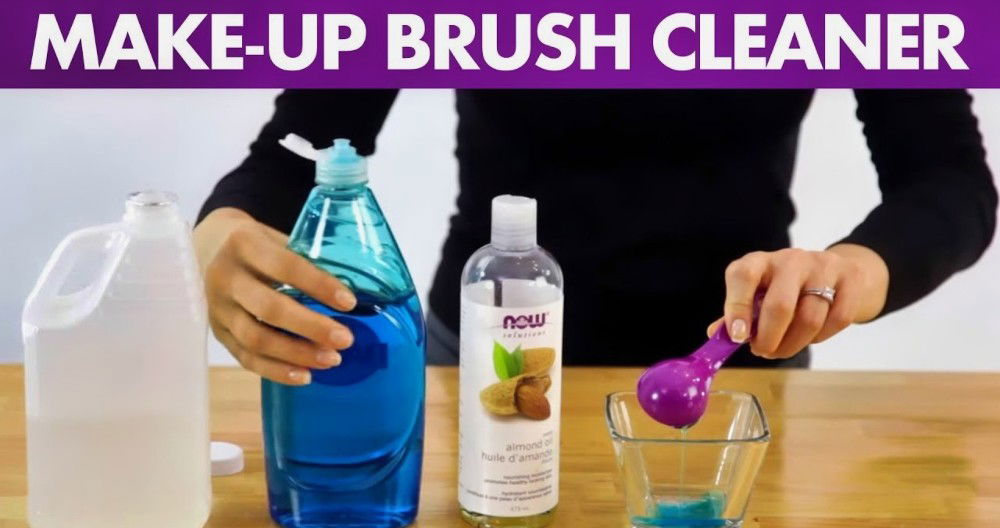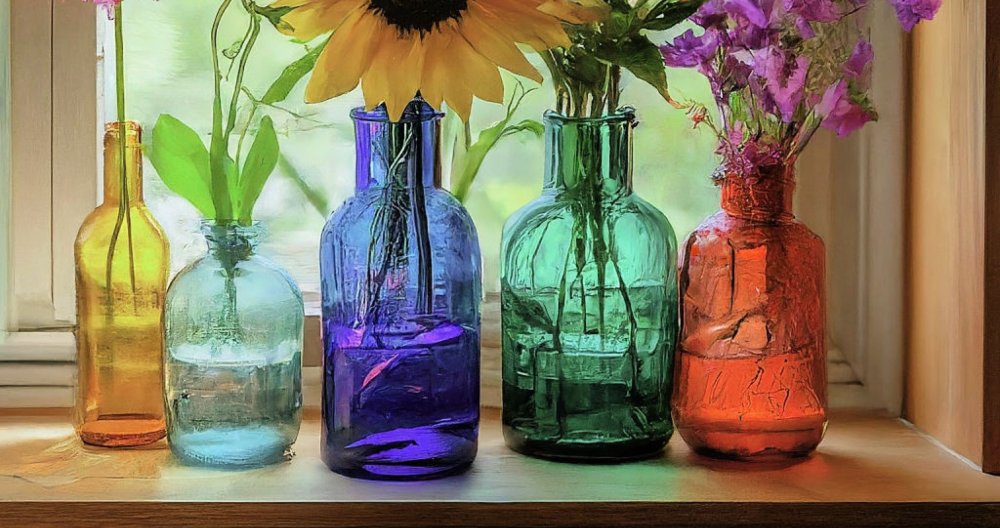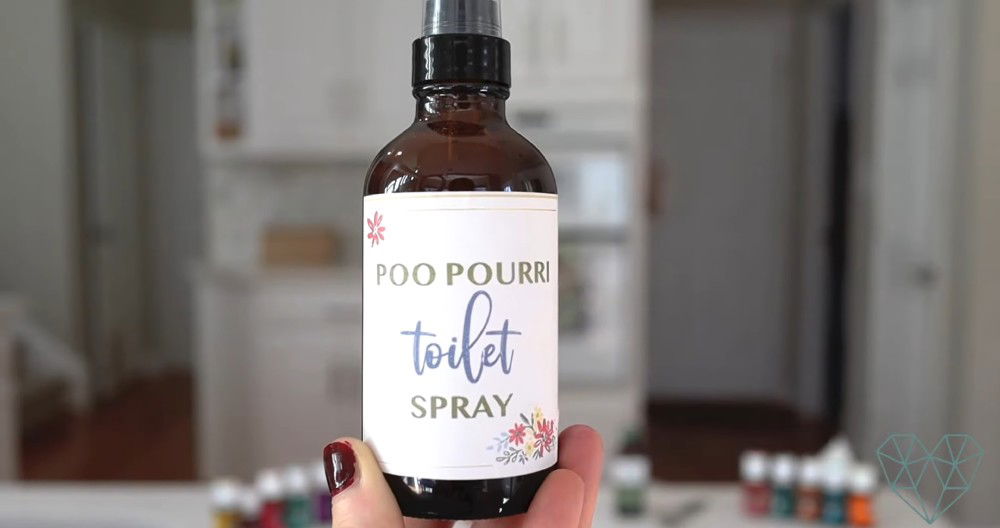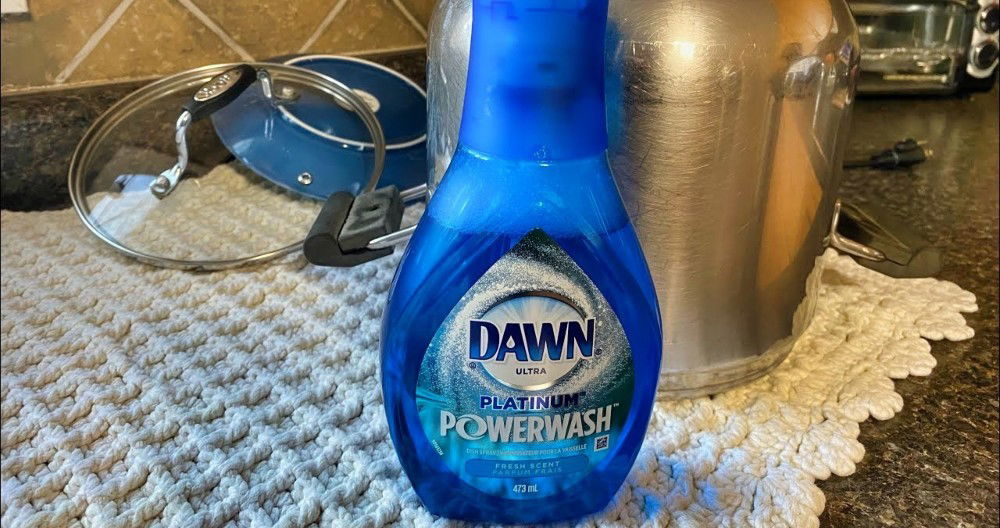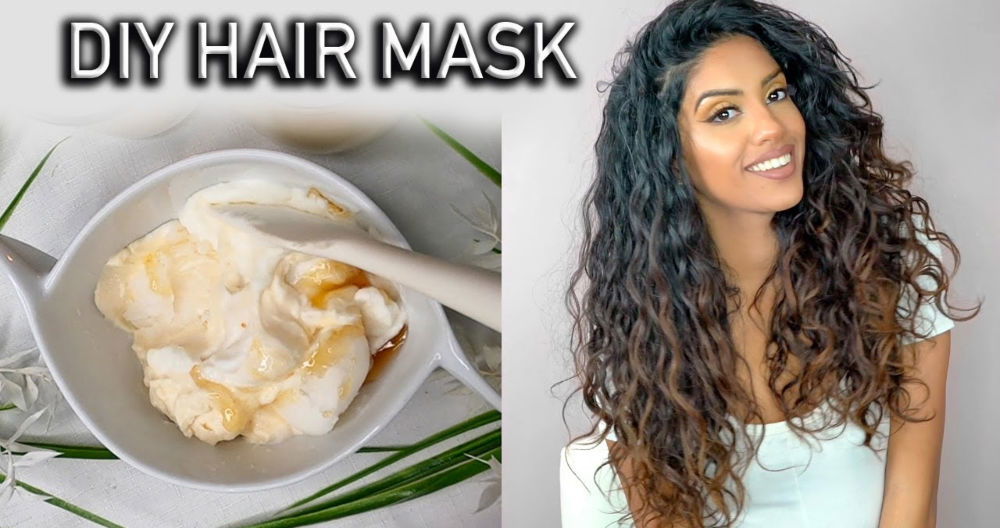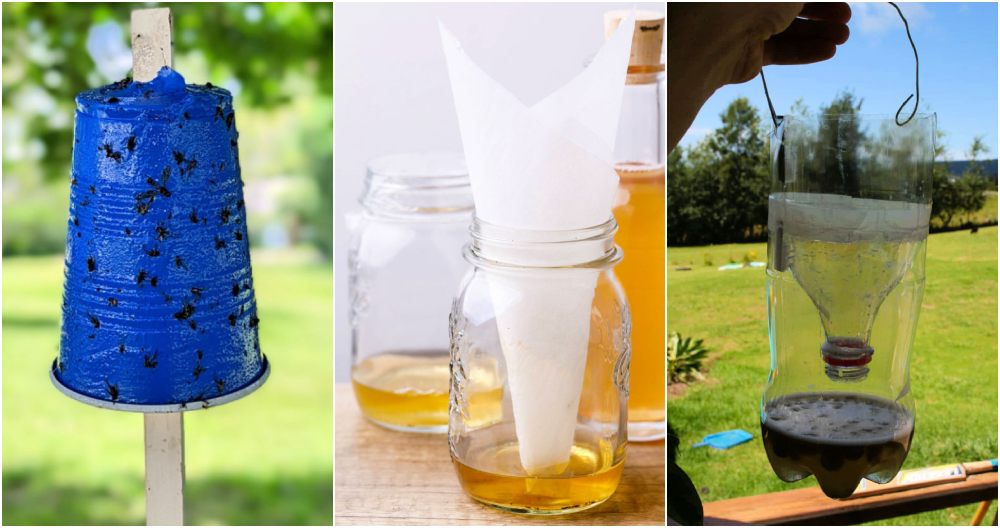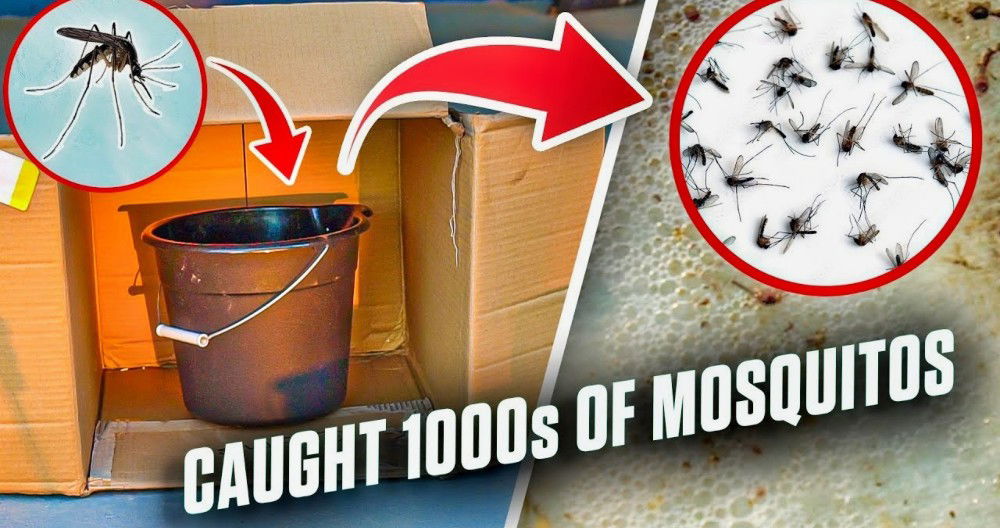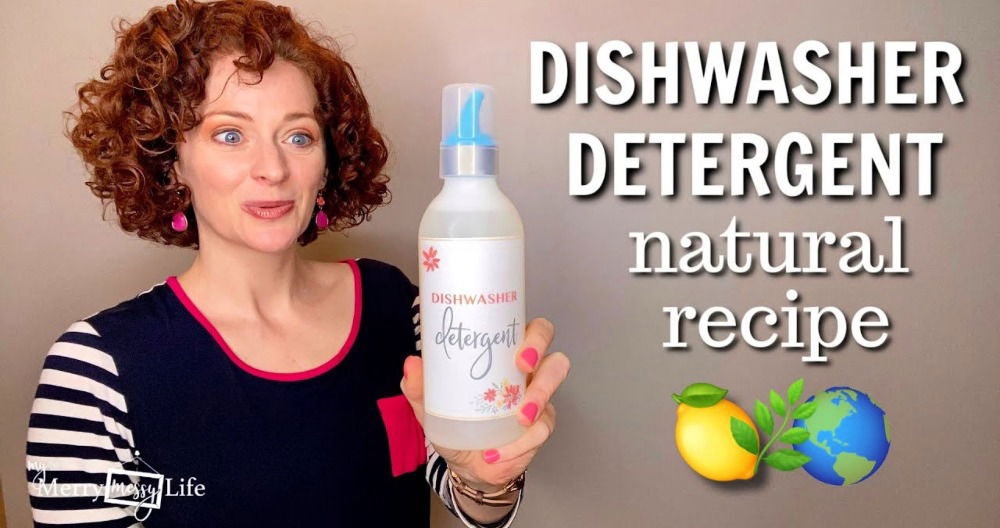Making a nontoxic glass cleaner was never something I imagined myself doing years ago. I, like many, was a regular at the cleaning aisle in my local supermarket, picking up whatever homemade DIY glass cleaner had the most appealing bottle or promised the shiniest surfaces. However, after suffering from unexplained headaches and respiratory discomfort, my journey for a healthier home environment began. It led me to concoct my own glass cleaning solution, and the benefits were too significant not to share.
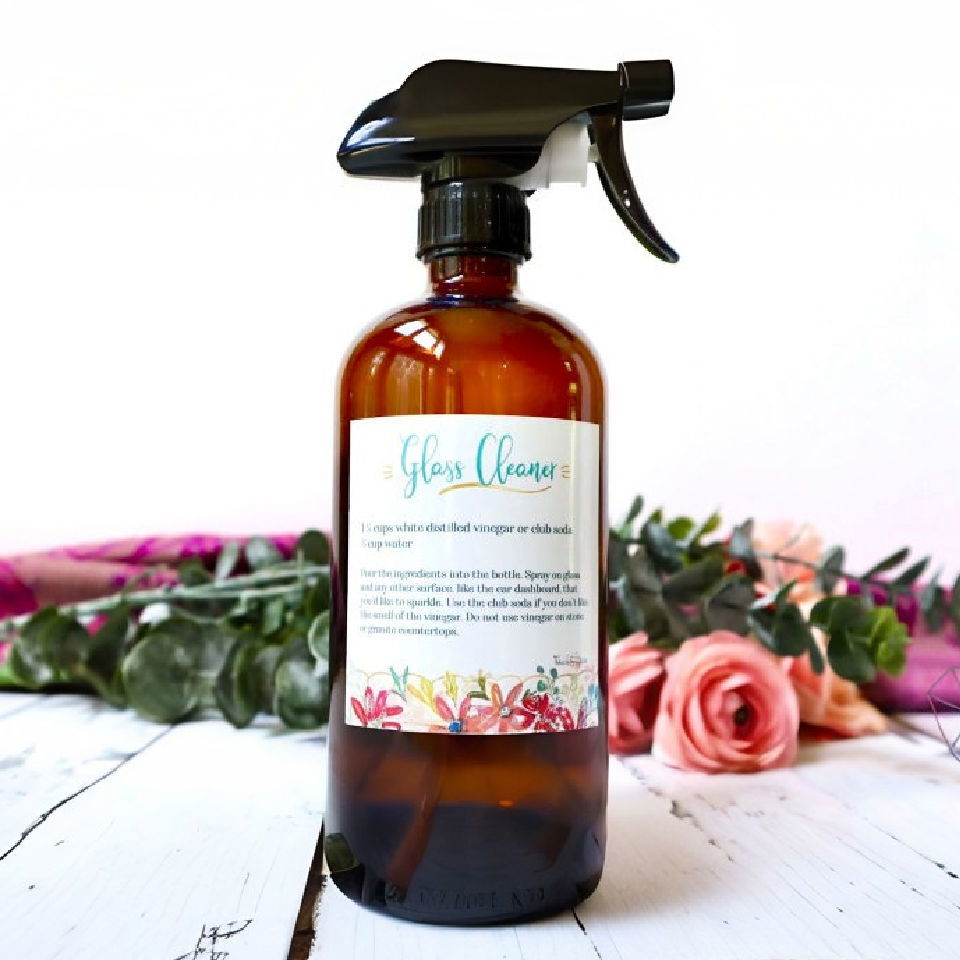
The Wake-Up Call
My quest started when I noticed a pattern of discomfort following my cleaning routine. Initially, I dismissed it as general fatigue, but a deeper dive revealed the toxic cocktail I was spraying around my home. Ingredients like ammonia, chlorine, and artificial fragrances weren't just harmful to the environment but were directly impacting my health and well-being.
Why Make Your Own Glass Cleaner?
Making your own glass cleaner isn't just a fad; it's a step towards a healthier, more sustainable lifestyle. It saves money, reduces plastic waste, and most importantly, it eliminates exposure to the toxic chemicals present in commercial cleaners. Trust me, understanding what goes into your cleaning products and controlling it is both empowering and reassuring.
Materials Needed
- Distilled White Vinegar: The acidity in vinegar makes it a natural cleaning agent. It's effective, inexpensive, and a safer alternative to ammonia and chlorine.
- Water: Acts as the base for your cleaner, diluting the vinegar to a safe but effective cleaning strength.
- Essential Oils: Optional but recommended for adding a pleasant aroma and extra cleaning power. I personally love citrus scents like lemon or orange for their refreshing smell and antibacterial properties.
Step-by-Step DIY Glass Cleaner
- Gather Your Supplies: Ensure you have a clean, empty spray bottle, distilled white vinegar, water, and your choice of essential oils.
- Mixing It Up: Pour one and a half cups of distilled white vinegar into the spray bottle. Add a half cup of water to dilute the vinegar to a glass-friendly concentration.
- Scent It: Add 10 to 15 drops of your preferred essential oils. This step is what takes your cleaner from simply practical to pleasantly fragrant and mood-lifting.
- Shake Well: Secure the spray bottle's lid and give it a good shake to mix everything evenly.
- Label Your Bottle: If, like me, you're into organizing and labeling, this step is for you. Mark your bottle accordingly, not just for aesthetics but for practicality, especially if you're planning to concoct other cleaners.
Additional Tips and Variations
- Alternative Recipes: If vinegar's scent isn't for you, substituting it with a solution of hydrogen peroxide and water or using a natural cleaner like Thieves from Young Living are excellent options. Each has its benefits and can be customized according to your preferences.
- Using Your Glass Cleaner: Spray directly onto glass surfaces and wipe clean with a microfiber cloth for a streak-free shine. It's amazing on windows, mirrors, and any glass items around your home.
- Safety Precautions: While significantly safer than commercial alternatives, ensure your DIY cleaner is stored properly and labeled to avoid any mix-ups, especially in households with curious little ones.
Why This Matters
This journey from a regular consumer to an informed, proactive individual in my household's health management has been eye-opening. Making my own glass cleaner was just the start. It led to exploring more ways to detoxify my living space, encouraging a safer environment for my family.
Customization Options for Your DIY Glass Cleaner
Making a DIY glass cleaner gives you the flexibility to tailor it to your specific needs and preferences. Whether you're looking to enhance its cleaning power or make it more suitable for sensitive individuals, here are some customization options you can consider.
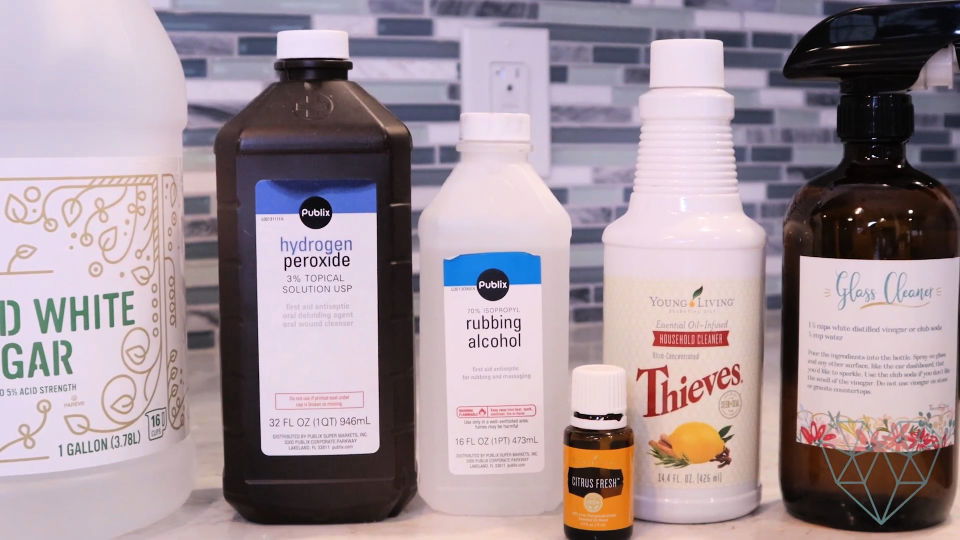
For Enhanced Cleaning
- Boost the Antiseptic Quality: Add a few drops of tea tree oil for its natural antiseptic properties. This can be especially useful in kitchen areas where you want to ensure surfaces are free of bacteria.
- Increase Shine: For extra shine, particularly on mirrors and glass surfaces, you can mix in a little rubbing alcohol. It helps the cleaner evaporate quickly, leaving a streak-free shine.
For Sensitive Noses
- Fragrance-Free: If you're sensitive to smells, simply omit any essential oils from the recipe. The basic ingredients alone will do a great job without adding any scent.
- Mild Scent: For a subtle fragrance, consider adding just a single drop of lavender or lemon essential oil. It's enough to give a fresh scent without being overwhelming.
For Allergy Concerns
- Allergy-Friendly: If you have allergies, particularly to certain plants, make sure to exclude related essential oils or ingredients. For example, if you're allergic to citrus, avoid lemon juice or lemon oil.
- Alternative Ingredients: In case you're allergic to vinegar, which is a common ingredient in DIY cleaners, you can use diluted hydrogen peroxide instead. It's an effective cleaning agent and is generally well-tolerated by people with sensitivities.
For Different Surfaces
- Wooden Surfaces: If you're planning to clean wooden frames or surfaces, add a bit of olive oil to the mixture. It cleans while also giving the wood a nice polish.
- Electronic Screens: For a cleaner suitable for electronic screens, skip the vinegar and stick to distilled water with a tiny amount of dish soap. This will prevent any potential damage that vinegar might cause to screen coatings.
Consider customizing DIY glass cleaner for effective cleaning that caters to home health and comfort. Test on a small area first.
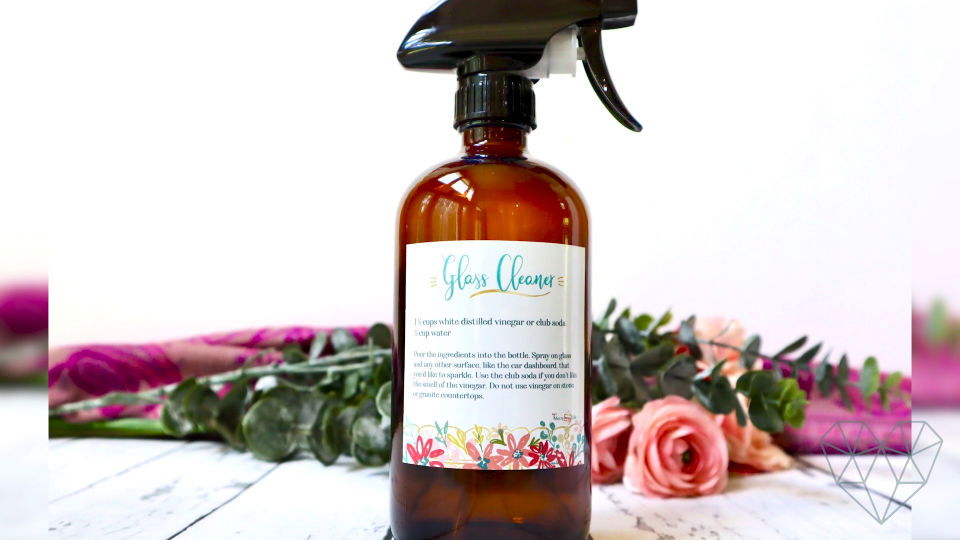
Final Thoughts
Making your glass cleaner may seem small in the grand scheme of things, but it's a step toward taking control of your household's health and environmental impact. It's been a rewarding part of my journey to a healthier, happier home. Whether you're motivated by health concerns, environmental impact, or just the satisfaction of making something useful, I encourage you to give it a try. The peace of mind, knowing exactly what's in the products you use daily, is truly invaluable.


